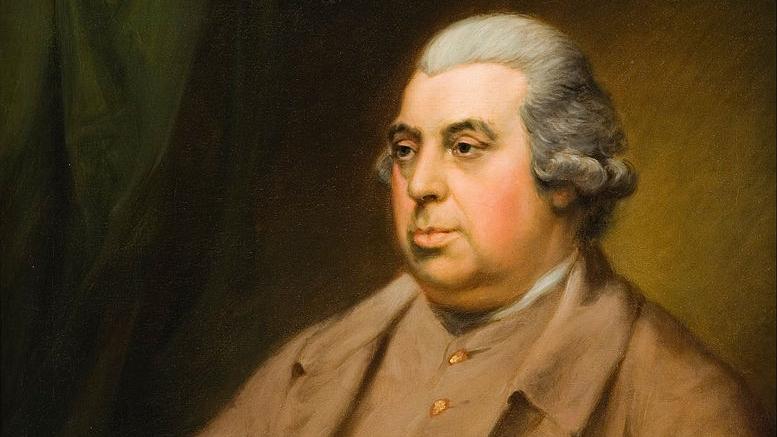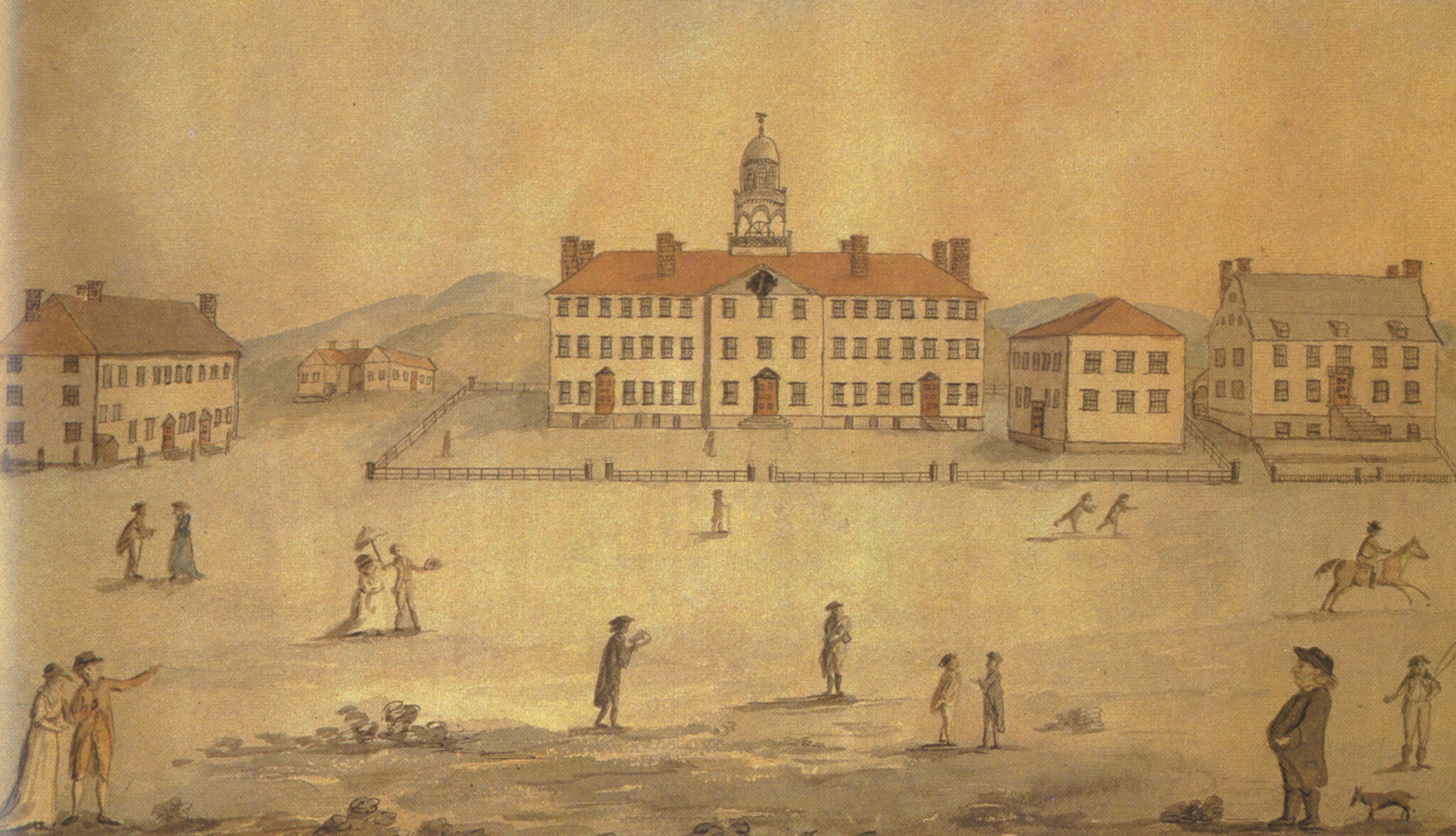John Thornton (1720–1790) was a merchant, trader, philanthropist, and Christian evangelist

Biography
Wealth in the Thornton family was built on British mercantile regulations that restricted maritime trade to within its colonial empire, banned foreign built and crewed ships from transporting goods, and granted monopolies to merchant companies. As members of The Russia Company, the family profited from its domination of the Baltic trade in timber, masts, salted fish, tar, grain, hemp, furs, potash, and spices. John Thornton diversified with investments in real estate, overseas trade in the West and the East Indies, cloth manufacturing or wholesale import or export, and as a dealer in supplies and provisions for ships.1
Despite his wealth, John Thornton lived austerely in accordance with Anglican emphasis on predestination, scripture, faith, and God’s grace. He was dedicated to promoting Christianity and relieving human suffering. In addition to supporting ministers, chapels and religious outreach, Thornton’s charitable objects ranged from the Bridewell Foundling Hospital and the Magdalen Hospital for the Reception of Penitent Prostitutes, to the Marine Society that housed and clothed potential navy recruits and the Committee for the Relief of the Black Poor. He influenced the establishment of the Clapham Sect, an 18th-century Protestant social reform movement.2
In 1753, Thornton married Lucy (1722-1785), the only daughter and sole heiress of Samuel Watson, a business partner of Thornton's father. They had four children. Samuel (1754-1838) headed the family’s Baltic business and served as Director of the Bank of England for over 50 years. Henry (1760-1815), banker, a respected economist, chaired the Sierra Leone Company. Jane (1757-1818) married Alexander Leslie-Melville, 7th Earl of Leven and had 8 children, and Robert (1759-1826) and a director of the East India Company. The three brothers were members of Parliament, and along with their cousin William Wilberforce, supported the abolition of the slave trade.3
